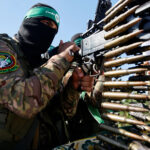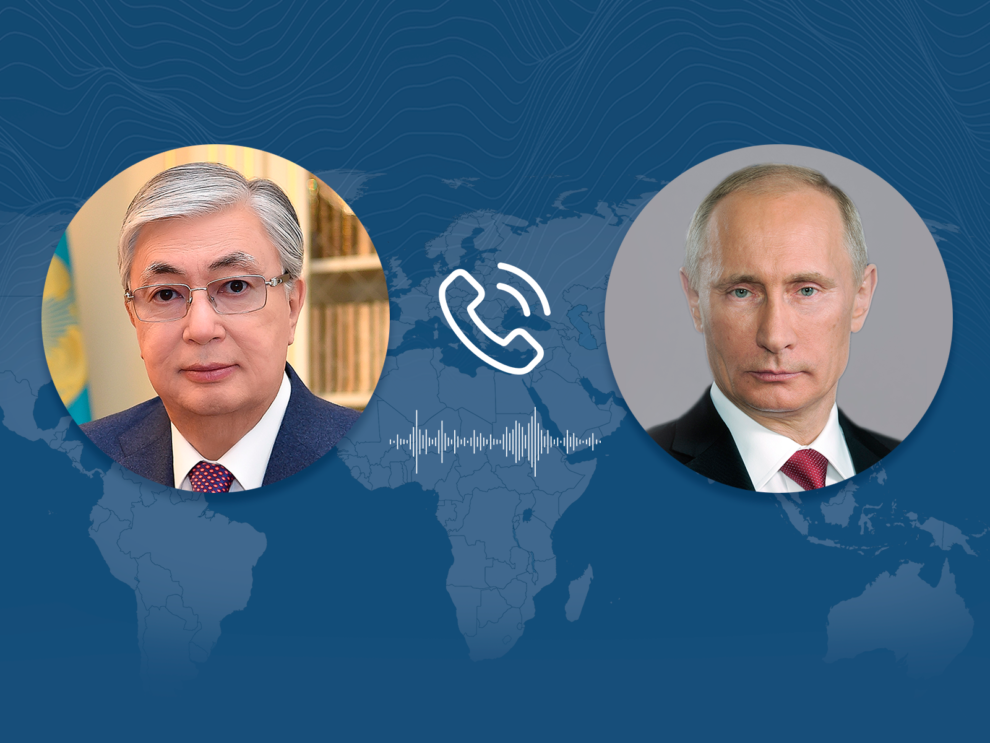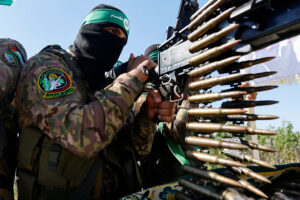Our weekly update on Chinese-Russian-Central Asian affairs.
Russia-China-Central Asia
Officials across Central Asia and China have responded to the June 23-24 tumult in Russia with polite circumspection. The prevailing mood seems to be the less said amid the simmering uncertainty in Moscow, the better.
The events may well have shaken the faith of Russia’s neighbors about Vladimir Putin’s control over the Russia’s government, and the military’s war effort in Ukraine. At the same time, Central Asia neighbors well know that to question Putin’s handling of events would likely invite some sort of backlash. In one memorable instance back in 2010, then-Kyrgyz leader Kurmanbek Bakiyev vexed Putin by allowing the United States to extend its presence at an air base outside of Bishkek. Russia subsequently turned the economic screws on Kyrgyzstan, and soon thereafter an uprising ousted Bakiyev from power. Today, Putin may be weakened by the abortive mutiny, but he retains the ability to make trouble for Central Asia leaders.
The main aim of Central Asian leaders at this point is to avoid getting entangled in Russia’s mess. Kazakhstan’s position highlights this stay-away position. President Kassym-Jomart Tokayev convened a meeting of the National Security Council regarding the Russia events, but publicly only stated that the Prigozhin affair is “an internal affair of Russia,” adding some vague comments about the need for “order and the rule of law.” Uzbek President Shavkat Mirziyoyev limited himself to saying only that he and Putin had talked by phone, revealing no details of the conversation. Other Central Asian leaders had no comment at all.
China, which sees Russia as a key partner in checking US global influence, adopted a double-pronged response strategy, tailoring separate messages for domestic and foreign audiences. Chinese officials embraced the “internal affairs” argument to justify Beijing’s diplomatic silence. At the same time, the state-run Xinhua news agency published a comparatively detailed commentary in Chinese (i.e., for a domestic audience), saying that Putin showed wisdom and determination that “shocked the rebels and undermined their will.” However, the agency’s English-language articles concerning the uprising make no mention of Putin’s supposed resolute behavior.
Kazakhstan
Kazakh President Tokayev is backing China’s vague peace proposal in Ukraine, according to a report distributed by EAdaily. “First, we must strictly follow the UN Charter and in general, of course, we must support the UN as an indispensable and universal organization in the world,” Tokayev said during a visit to the country by German President Frank-Walter Steinmeier. According to Tokayev, a ceasefire in Ukraine is a pre-condition for “talking about establishing a lasting peace in this part of the world.” Western experts say a ceasefire would likely unduly benefit Russia, allowing its armed forces to regroup and resupply so that it could at some point renew its attempts to achieve a military solution to the conflict.
Uzbekistan
China was the top supplier of goods to Uzbekistan during the first five months of 2023, the Uzbek Agency for Statistics reported via its Telegram channel. During the January-May period, Uzbekistan imported $3.7 billion worth of Chinese goods, according to the agency. Other top supplying nations during the period were Russia ($2.8 billion), Kazakhstan ($1.4 billion) and South Korea ($1 billion). Meanwhile, according to Beijing’s General Administration of Customs, Uzbek imports from China were $4.47 billion.
Also during the first five months of 2023, Uzbekistan supplied $118 million in natural gas to China, ranking 5th among the supplying countries. Turkmenistan was the top supplier ($4.25 billion), followed by Russia ($2.81 billion), Myanmar ($630 million) and Kazakhstan ($630 million), the Russian news agency TASS reported. Both Kazakhstan and Uzbekistan reduced the volume of gas supplies this year compared to the same period in 2022.
Source: Eurasianet















